The following is a guide to the various cups and tournaments that take place throughout the world. Each guide contains stats about tournament and the stadiums, as well as fixtures, previous winners and a bit of history.
European Club Tournaments
Champions League
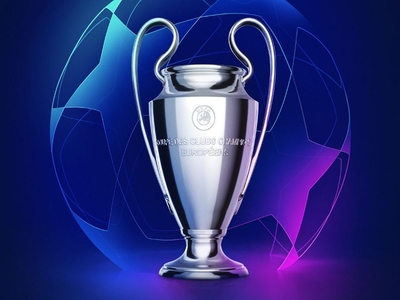
Better known simply as the Champions League, UEFA’s European competition is considered to be the most prestigious club tournament in world football. Despite its name, it is not just the champions from each country that can take part in the event, though it is only open to clubs that are playing in Europe’s top-flight leagues.
In that respect it is different from its predecessor, the European Champion Clubs’ Cup or the European Cup, as it was more commonly known. That competition ran from 1955 until it was rebranded in 1992 and in its former iteration it was only open to the champions of each European league that was invited to take part in it.
The newer version of the competition added a group stage, where the previous one was a knockout competition from the start. This has allowed additional teams from certain countries to be added to the early rounds. How many teams are entered into the competition from each country is decided by that country’s UEFA rankings.
The most successful club in the history of both versions of the competitions is Real Madrid, with England having five different winners of the cup over the years. Liverpool have won it the most times of those teams, lifting the trophy for a fifth time in 2005 and a sixth in 2019. Manchester United have won it three times, with Nottingham Forest and Chelsea winning it twice and Chelsea and Aston Villa winning it once.
Europa League
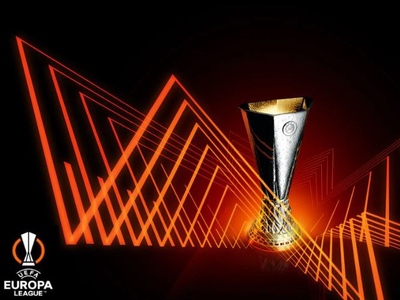
Previously known as the UEFA Cup, UEFA’s Europa League is the younger sister competition to the more prestigious Champions League. It has taken place every year since 1971, with the rebranded name coming in 2009 when the competition’s structure was also altered.
The competition as it is now is essentially a combination of the UEFA Cup, the Cup Winners’ Cup and the Intertoto Cup. That has led to a more convoluted and bloated competition than existed previously, with a new group stage followed by several knockout rounds.
Clubs qualify for the competition in different ways depending on the country they play their football in, with the sole criteria being that their domestic performance in some way contributes to their qualification. In England, for example, teams qualify either through their finish in the domestic league, by winning a domestic cup or through exemplary behaviour as far as the team’s disciplinary record is concerned.
The winner of the Europa League qualifies for the Champions League as well as for the UEFA Super Cup. This is a one-off match between the winners of UEFA’s two club competitions, the Champions League and the Europa League. Though there is a trophy available for the winner, it is seen more as a prestigious friendly rather than a competition with as much worth as the the other two.
Europa Conference League
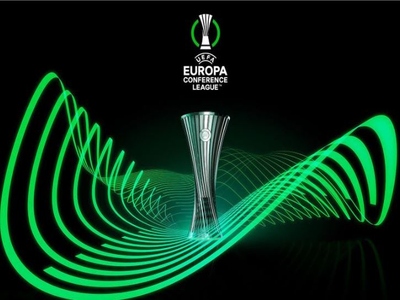
Launched ahead of the 2021-2022 season, the UEFA Europa Conference League was designed to introduce European football to more clubs that ply their trade in countries with lower coefficient standings. Teams can qualify for the competition either through their performances in their respective country’s leagues or domestics cup competitions, with 32 making it through to the group stage. After the group stage but before the round of sixteen, the eight second-placed teams from each group go up against the eight teams that finished third in the Europa League groups for the right to make it through to the knockout stage proper.
At the time of writing, England provides just one team for the Europa Conference League, which was Tottenham Hotspur in the competition’s debut season. How many teams a country puts forward for the competition depends entirely on their UEFA coefficient ranking, with the lesser-performing countries having more spaces allocated to them. The introduction of the Europa Conference League did not change the number of European places offered to each country in total, with the other tournaments re-jigged in order to accommodate it. After being first-mooted in 2015, the tournament’s existence was officially confirmed three years later.
International Tournaments
World Cup 2026
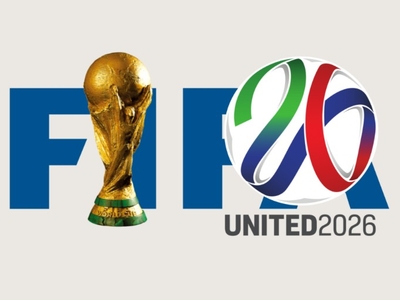
Nicknamed ‘The Greatest Show On Earth’, the FIFA World Cup is an association football competition played by the senior men’s teams from international members of the Fédération Internationale de Football Association. It has been in existence since 1930 and has been played every four years since, with the exception of 1942 and 1946 when the Second World War understandably put a dampener on proceedings.
As with the European Championships, the only nation that qualifies for the competition automatically is the host nation, with all other nations that are part of FIFA invited to take part in a qualification phase. This normally takes place over the three years prior to the start of the tournament and typically involves the teams playing in groups to determine who will make it through to the World Cup Finals proper.
Between 1934 and 1978 just sixteen teams competed in the World Cup, apart from in 1938 when Austria officially became part of Germany after already qualifying for the tournament in their own right, leaving just fifteen teams to compete. In 1982 that was expanded to 24 teams and then in 1998 it was expanded further to 32 teams in order to allow teams from Asia, North America and Africa to take part.
In 2026 the tournament expanded by 50% to 48 teams and now 104 instead of the previous 64 matches. Many are sceptical that the quality of the World Cup can be maintained consistently with so many teams. Only time will tell. The format has changed a bit too with 12 groups of 4 and the winners, runners-up and 8 best 3rd placed teams moving to a new round of 32 knockout round.
Euro 2024
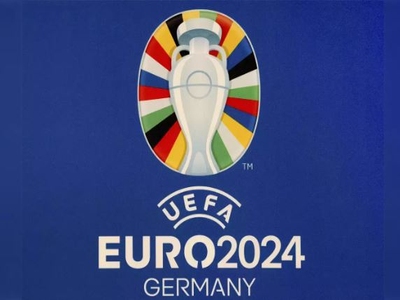
The UEFA European Championships are more commonly known as the Euros. It is the biggest competition contested by the senior men’s national teams that are members of the Union of European Football Associations. The winner of the competition becomes the continental champion of Europe.
The Euros are held every four years on evenly numbered years and two years after the preceding World Cup tournament. The competition first took place in 1960 and back then it was called the UEFA European Nations Cup. It changed its name in 1968. From 1996 forward the competition is commonly referred to by its year, for example Euro ’96. That is now retrospectively applied to previous tournaments, but it wasn’t known that way at the time.
All member nations of UEFA are entitled to take part in the competition but only the host nation qualifies automatically. The rest have to take part in a qualifying process, with knockout stages being followed by a one off match for the teams that finish lowest – much like with the play-offs that take place in leagues around Europe.
The winning nation of the Euros is invited to take part in the FIFA Confederations Cup, but they don’t have to. That competition is held every four years and is normally contested by the winners of the six FIFA confederation championships and the the World Cup winners as well as the host nation.
At the time of writing the Euros have been won by ten different countries, with Germany and Spain sharing the record of three titles each. France has won it twice, whilst Russia (as the Soviet Union), Italy, the Czech Republic (as Czechoslovakia), the Netherlands, Denmark, Portugal and Greece have all won it once.
UEFA Nations League 2024-2025
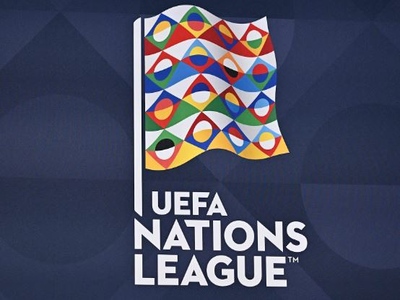
Given that many people feel as though the international calendar already distracts too much from domestic football, you’d be forgiven for thinking that we could do without another major tournament for national sides to take part in. The UEFA Nations League isn’t quite what it seems, however. Ostensibly the organisers would have us believe that it’s a new international competition to rival the World Cup and European Championship, yet in reality it’s just a more formal way of organising international friendlies in order to make them seem more relevant than they actually are.
The format for the competition is interesting, with the fifty-five nations that are part of UEFA being split into Leagues, hence the name. They are put into these Leagues according to the overall ability of the teams, meaning that they’re essentially seeded. Within each League then split up further into Groups, again on a seeded capacity. The teams in these Group will then play each other once at home and once away, with the winners of each of the groups gaining promotion to the League above and the bottom-placed side being relegated. The four Group winners from League A will play in semi-finals to decide on the finalists who will play for the right to become the UEFA Nations League champions.
The idea to create this new competition, such as it is, has been in the pipeline since 2011 but was finally confirmed as being a reality at the XXXVIII Ordinary UEFA Congress back in 2014. It was unanimously approved and added to the roster, with games being played across the two years between the end of the Euros and the start of the World Cup. The League’s Group games will take place from September to November in even years, such as 2018, 2020 and so on, with the semi-finals and final for League A taking place in June of the odd numbered years when there’s no actual competitive tournament to worry about.
English Cup Tournaments
FA Cup
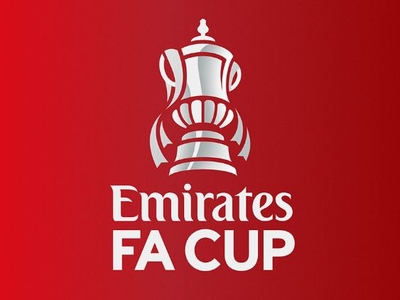
The first Football Association Challenge Cup was played in the 1871-1872 season and as such is the oldest competition of its kind anywhere in the world. It is better know merely as the FA Cup, with numerous sponsors adding their own title to it over the years. At the time of writing it is known as The Emirates FA Cup. There is also a women’s tournament that runs alongside it for the women’s game.
The competition is considered to be one of the best of its kind across the globe largely because of its inclusiveness. The cup can technically be won by a team from any of the ten tiers of English football. This stretches from the Premier League down through the Football League and also includes the hundreds of non-league teams that compete in the National League System.
Although it’s possible for a lowly team to go all the way to the final it is extremely unlikely and no non-league team has won it in its current form. That isn’t to take away from the magic of the cup, however, with plenty of smaller teams progressing quite far and the competition itself featuring more than a couple of ‘giant killings’ over the years of its existence.
The FA Cup features an initial six rounds of qualifying matches with 32 of those teams progressing to what is confusingly named the First Round Proper. This is where the 92 teams from the Football League begin to get introduced, with Premier League and Championship sides not having to enter the competition until the Third Round Proper. It is a knockout competition with the final traditionally played at Wembley. As well as claiming the trophy, winners of the tournament are also invited to take part in the FA Community Shield match against the winners of the Premier League.
EFL Cup (Carabao Cup)
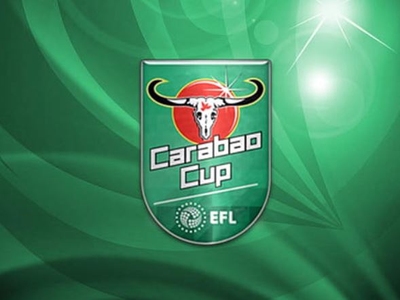
The Football League Cup is a knockout competition for the men’s domestic game in England. It is open to any of the 92 clubs in the Football League and is considered to be the lesser of England’s two cup competition when compared to the FA Cup. Where the FA Cup is organised by the Football Association and is open to any club from England’s ten tiers, the League Cup is technically organised by the Football League. There is a women’s League Cup which is, confusingly, organised by the FA.
The competition was held for the first time in the 1960-1961 season and has been played in every season since. It is one of three top-tier domestic trophies available in England after the FA Cup and the Premier League. It has had numerous different names over the years because of sponsorship, with the current official name of the trophy being the Carabao Cup. The final of the competition is held at Wembley in February and, owing to the fact that both the Premier League and the FA Cup come to their conclusion in May, is the first chance to win a major trophy in the season.
The League Cup is played over seven different rounds, with the first five being single-tie events. When the competition gets to the semi-final, phase it becomes a two-legged affair, with one game played at each of the competitor’s home grounds. The first six rounds are played as midweek games, with only the final being played on a weekend and at a neutral venue.
Scottish Cup Tournaments
Scottish League Cup (Betfred Cup)
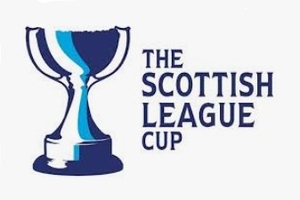
Currently known as the Scottish League Cup presented by Beftred because of sponsorship, the Scottish League Cup is, as the name suggests, the equivalent to the League Cup for teams North of the border. It is a knockout competition that is open to all 44 Scottish Professional Football League clubs.
The format from 2016-17 switched from being a knockout competition from the start to a new format, a little like the Champions and Europa League, with a group stage at the beginning moving into knockout rounds at the latter stages. 40 teams enter into 8 groups of 5 with 8 winners and the 4 highest runners up qualifying for the first knockout round. At this stage the four Scottish teams in Europe enter the competition, bypassing the group stages.
In England the semi-finals are played over two legs. In Scotland it is a different matter, with the semi-finals being held in a neutral venue and once again decided on the night itself. The same is true of the final, which is traditionally played at Hampden Park. At the time of writing the most successful club in the competition is Glasgow Rangers who have won it 27 times.
Virtually all of the above will be null and void from the start of the 2016-2017 season, when the format for the competition changes completely. Instead of being a knockout competition from the start it will begin with a group stage and move on to having knockout rounds at the latter stages.
Scottish Cup
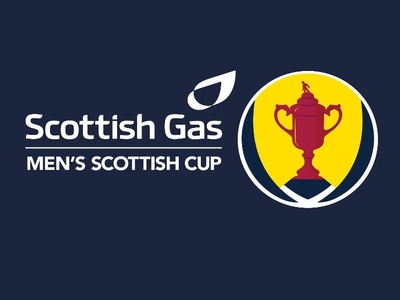
The Scottish Football Association Challenge Cup is Scotland’s equivalent to the FA Cup in England. It is an annual knockout competition that has been held in Scotland every year since the 1873-1874 season. Any club that has wither a full or part associate membership of the Scottish FA is entitled to take part.
As is the case with most major competitions nowadays the Scottish Cup has had numerous names over the years owing to sponsorship deals. At the time of writing it is known as the William Hill Scottish Cup. The competition starts at the beginning of the football season in Scotland and the final is traditionally the last game of the season, normally held at Hampden Park in Glasgow in May.
The tournament follows a traditional pattern of fixtures taking place between teams drawn at random. The first name ‘out of the hat’ will be the home team for the match and the winner progresses to the next round. If the game ends in a draw after 90 minutes then a replay is held at the home ground of the team that was the away side for the original match. If that game isn’t decided within 90 minutes then the game will have 30 minutes extra time or penalties, if necessary. The semi-finals are held at a neutral ground, normally Hampden Park though Celtic Park and Ibrox have both been used in the past, and the semi-final matches are decided on the day without the need for a replay.
